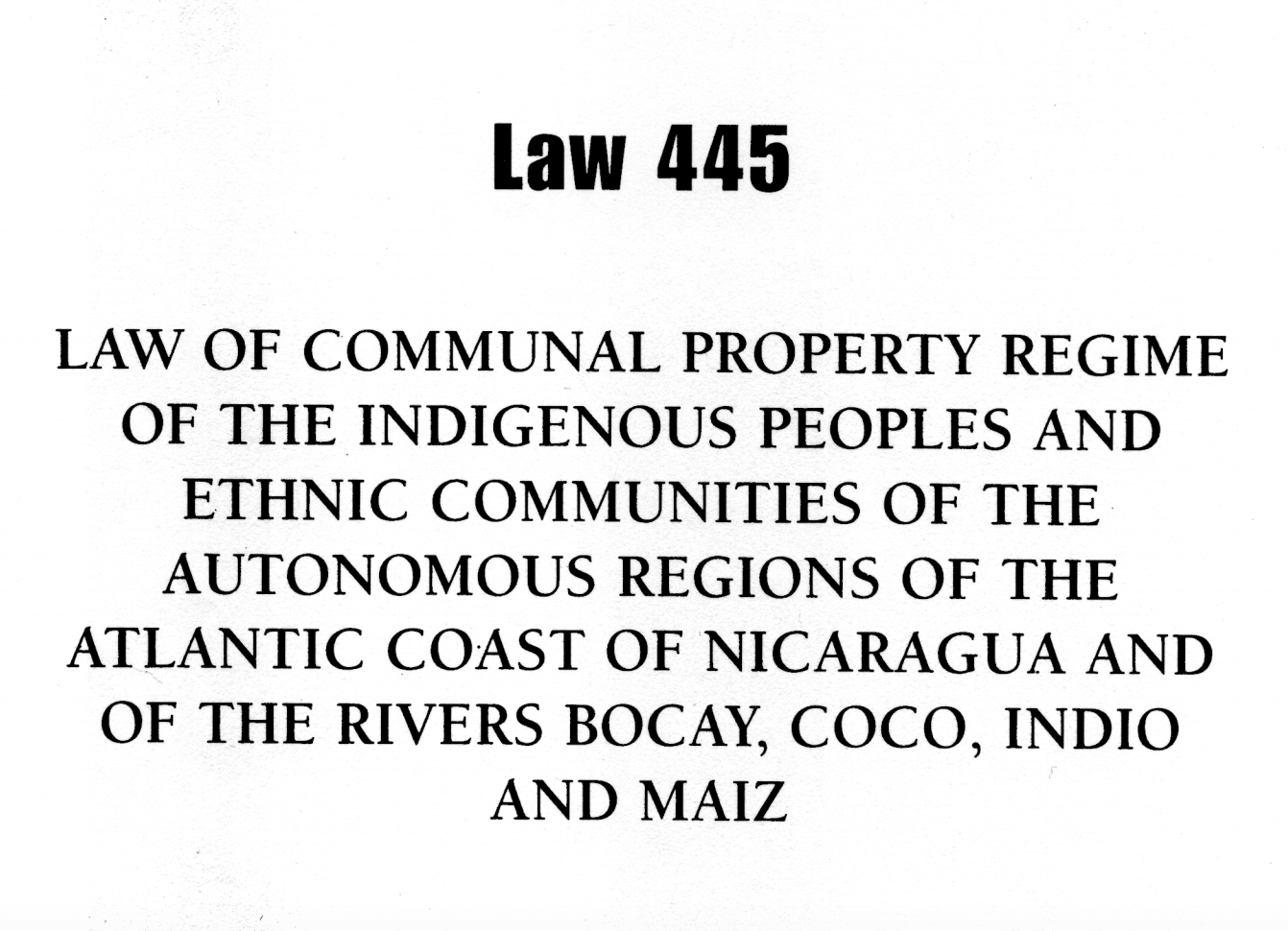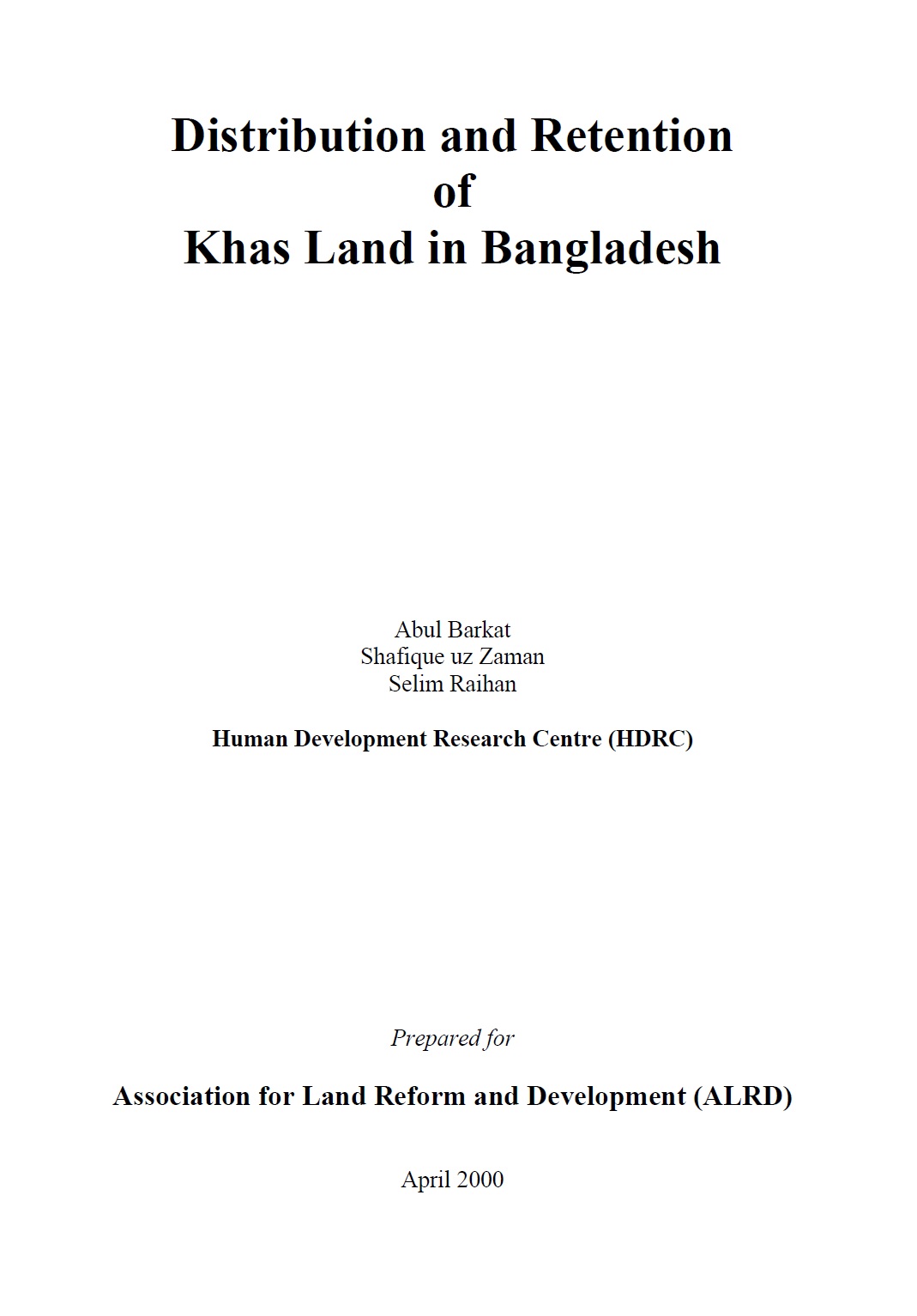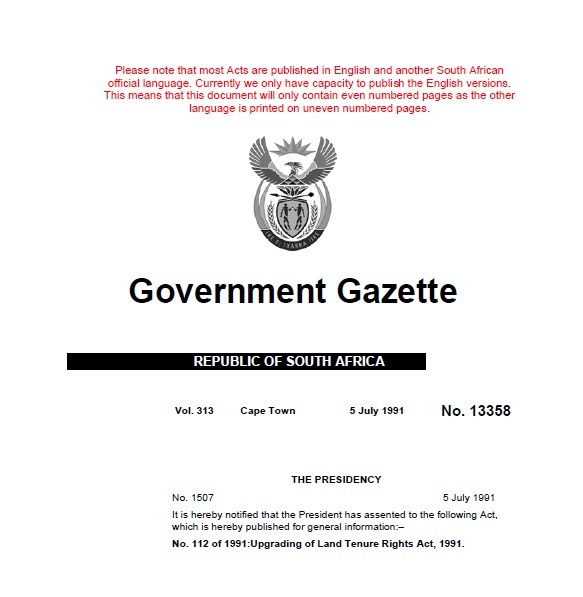Maps, not guns, resolve resource conflicts in Cambodia : researchers and villagers create a new model for resource policy in defending traditional land rights
Uncontrolled development was threatening to destroy the forest environment
and the traditional way of life of the hill people of Ratanakiri. Researchers
worked with the villagers to produce unique maps and resource use plans
that convinced the government of the people’s traditional resource use and
management rights, and eventually set an example for inclusion in new land
tenure legislation for the nation.








